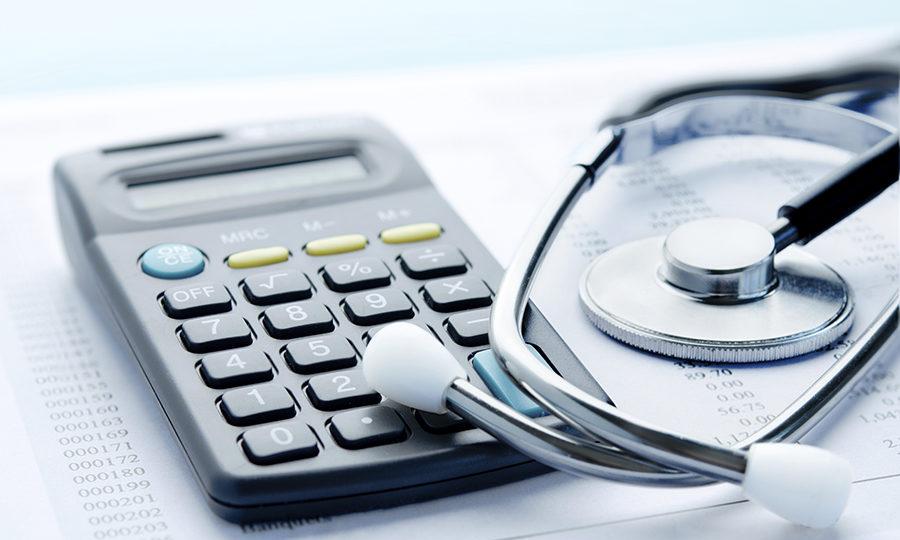
India Ranks 155th in Health Spending Index, Says Oxfam Report
text_fieldsIn the Commitment to Reducing Inequality (CRI) index 2020, released by Oxfam, India ranks 155th of the total 158 countries on the health spending index. The report released by the international charitable organization on 7th October notes that the budget allocation to health in India is 4per cent against the recommended 15per cent.
The report ranks countries on their resolve to battle inequality by measuring government action in public services, taxation and worker's rights, which have been observed to tackle inequality. India ranks 151st on worker's rights with weak labour rights and 75per cent engaged in vulnerable employment. Due to considerable tax progression typical of low-income nations, it overall ranks at 129th position.
"Just half of its population has access to even the most essential health services, and more than 70per cent of health spending is being met by people themselves, one of the highest levels in the world. Most workers earn less than half of the minimum wage; 71per cent do not have any written job contract and 54per cent do not get paid leave. Only about 10per cent of the workforce in India is formal, with safe working conditions and social security. In 2016, the government abolished a wealth tax introduced way back in 1957. So far, India's response to COVID-19 has been woeful, with huge numbers of deaths and millions of people forced into destitution," says the report.
While countries with high income like Norway, Denmark and Germany lead the index, the report appreciates countries like Sierra Leone and Vietnam for their efforts at reducing inequality despite low incomes.
The report duly notes that vulnerable sections of the population have been most affected by the pandemic this year, which magnified these inequalities. While the index focuses on progress in bridging economic inequality, it notes that "there is a very strong and two-way relationship between economic inequality and racial inequality." The crisis has served as a litmus test to whether governments have strived at bridging inequalities for those who failed are most vulnerable to the health and economic affects of the disease.
"This third edition of the CRI Index report recommends that all governments adopt strong anti-inequality policies on public services, tax and labour rights, to radically reduce the gap between rich and poor. The international community must support them with Special Drawing Rights, debt relief and global solidarity taxes," adds the report.





